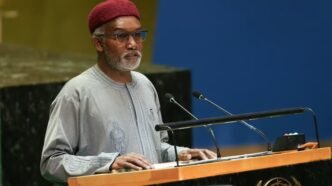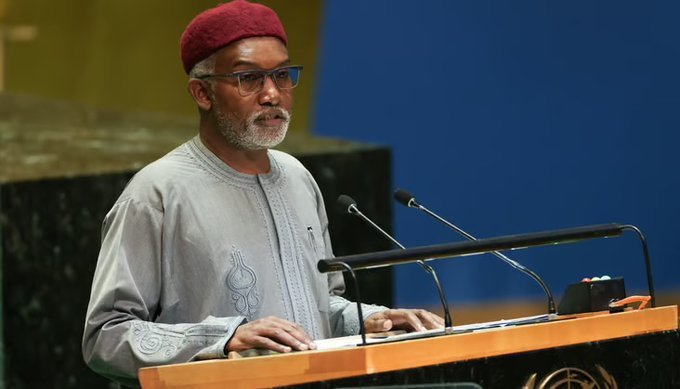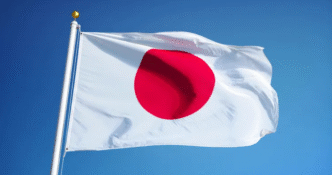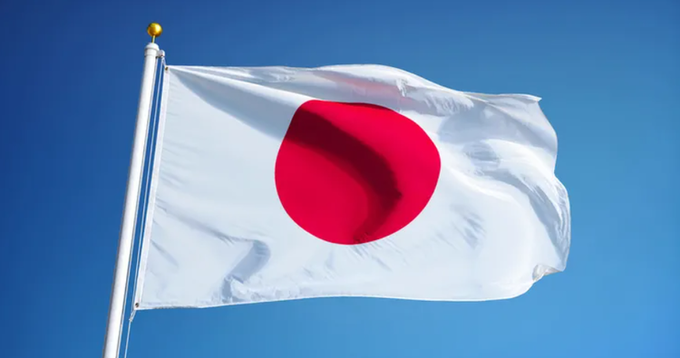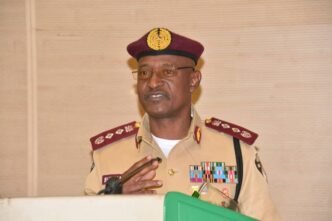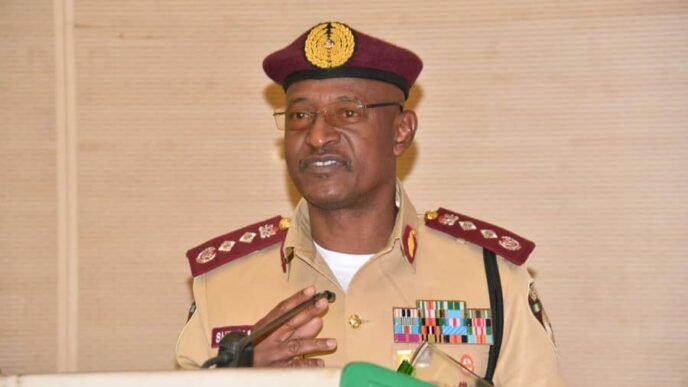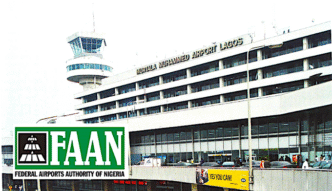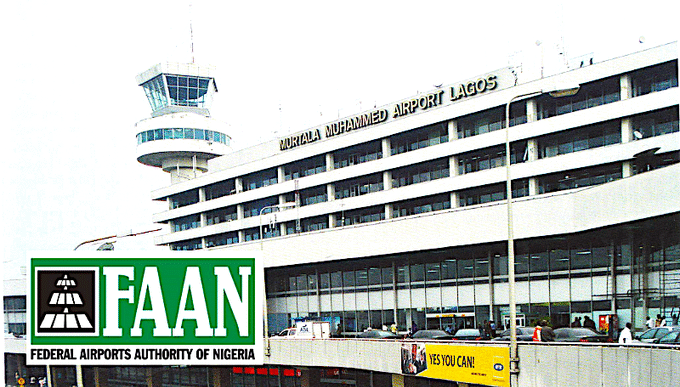Nigeria’s Minister of Foreign Affairs, Yusuf Tuggar, has called on the United States to deepen its strategic relationship with Africa’s largest economy by prioritising partnerships with Nigeria. Tuggar made the appeal while speaking at a diplomatic forum in Abuja, stressing that Nigeria’s size, population, and economic potential make it an indispensable ally for Washington in its global engagements.
The minister emphasised that Nigeria, as the most populous country in Africa with a fast-growing youth population, offers unmatched opportunities for investment, security cooperation, and innovation. He argued that the U.S. stands to gain significantly from stronger ties with Nigeria, particularly in an era where global alliances are shifting, and African countries are becoming more assertive in shaping international relations.
Nigeria’s Strategic Importance on the Global Stage
Tuggar described Nigeria as “a central player in Africa’s political, economic, and cultural landscape,” noting that the country’s influence stretches beyond its borders. With over 200 million people, a vibrant diaspora, and one of the largest youth populations in the world, Nigeria is positioned to drive continental growth and play a pivotal role in addressing global challenges.
He urged the United States to recalibrate its foreign policy in Africa by moving beyond rhetoric and symbolic gestures. Instead, the minister called for deliberate actions that would position Nigeria as the primary hub for U.S. engagement on the continent.
“Partnership with Nigeria is not just about Africa. It is about global peace, security, and prosperity,” Tuggar said.
Priority Areas for U.S.-Nigeria Cooperation
The minister outlined several priority areas where Nigeria and the U.S. can strengthen cooperation. These include:
1. Economic Development and Trade
Nigeria remains one of the largest economies in Africa, with a growing digital economy, expanding consumer market, and vast natural resources. Tuggar noted that trade relations between Nigeria and the U.S. could be significantly improved through better market access, increased American investments, and technology transfer.
He specifically mentioned sectors such as agriculture, renewable energy, oil and gas, and manufacturing as areas ripe for collaboration. With Nigeria seeking to diversify its economy away from oil dependence, the minister said U.S. companies could play a transformative role.
2. Security and Counterterrorism
Security cooperation was also highlighted as a critical area for partnership. Nigeria has been at the forefront of the fight against terrorism in West Africa, battling groups such as Boko Haram and the Islamic State in West Africa Province (ISWAP).
Tuggar urged the U.S. to provide more support in intelligence sharing, training, and military hardware, noting that peace in Nigeria directly contributes to regional stability. He added that insecurity in the Sahel region makes Nigeria a crucial partner for Washington in maintaining global security.
3. Education and Innovation
Another key focus is education and human capital development. With Nigeria’s youthful population, Tuggar stressed the need for stronger educational exchanges, scholarships, and joint research programs. He highlighted technology and innovation as emerging fields where collaboration could yield long-term benefits.
According to him, initiatives such as partnerships between Nigerian universities and American institutions would not only empower young people but also foster stronger people-to-people ties between the two countries.
4. Climate Change and Renewable Energy
Tuggar also called on the U.S. to partner with Nigeria in addressing climate change. Nigeria faces significant environmental challenges, from desertification in the north to coastal erosion in the south. By investing in renewable energy and green technology, the U.S. can help Nigeria transition towards a sustainable economy while contributing to global climate goals.
Nigeria’s Role in African and Global Affairs
The minister underscored Nigeria’s leadership role in Africa, pointing out its active participation in the African Union, ECOWAS, and peacekeeping missions. He said the country has consistently demonstrated its commitment to democracy, peace, and regional integration.
As the largest democracy in Africa, Tuggar argued, Nigeria is a natural partner for the U.S. in promoting democratic values and governance across the continent. He noted that strengthening Nigeria’s institutions would have a ripple effect in stabilising neighbouring countries and reinforcing democratic practices.
On global issues, he highlighted Nigeria’s participation in United Nations initiatives, its contributions to peacekeeping, and its strong advocacy for fair trade and global equity.
Calls for Balanced Partnership
Tuggar cautioned against a one-sided relationship where Nigeria is seen merely as a recipient of aid or assistance. Instead, he called for a balanced partnership based on mutual respect, shared interests, and accountability.
“We are not looking for handouts; we are seeking meaningful collaboration that benefits both Nigeria and the United States,” the minister stated.
He added that Nigeria is ready to engage as an equal partner, contributing its resources, expertise, and influence to the bilateral relationship.
Reaction from Analysts and Observers
The minister’s remarks have sparked discussions among foreign policy experts and international relations analysts. Many see his call as a reminder that Nigeria is repositioning itself as a key global player.
A Lagos-based political analyst noted that while the U.S. has traditionally maintained strong relations with Nigeria, recent years have seen China and other global powers expand their influence on the continent. He said Tuggar’s call may be a strategic effort to ensure Nigeria remains central in Washington’s African policy.
Another observer highlighted that the U.S. is increasingly focusing on Africa due to competition with China and Russia. However, he noted that tangible commitments, such as infrastructure funding, trade agreements, and military support, would be necessary to translate rhetoric into reality.
The Diaspora Connection
Tuggar also acknowledged the importance of the Nigerian diaspora in strengthening U.S.-Nigeria ties. With millions of Nigerians living in the United States, many excelling in medicine, technology, business, and academia, the diaspora forms a vital bridge between both nations.
He urged the U.S. government to continue providing opportunities for Nigerian immigrants while leveraging their skills and networks to foster deeper bilateral cooperation.
What This Means for Nigeria-U.S. Relations
The minister’s call signals a renewed push for Nigeria to take center stage in America’s Africa strategy. If the U.S. responds positively, experts believe it could unlock a new chapter of cooperation, especially in trade, investment, and security.
For Nigeria, stronger ties with the U.S. could provide access to new markets, boost foreign direct investment, and enhance its global standing. On the other hand, for the U.S., a closer partnership with Nigeria would reinforce its influence in Africa at a time when other powers are making significant inroads.
Conclusion
Minister of Foreign Affairs Yusuf Tuggar’s call for the United States to prioritise partnerships with Nigeria reflects a broader vision of placing the country at the heart of global diplomacy. By highlighting areas such as trade, security, education, and climate change, he outlined a comprehensive roadmap for cooperation that goes beyond traditional aid-based relationships.
As Nigeria positions itself as a continental leader with global aspirations, the ball is now in Washington’s court to respond with concrete actions. Whether the U.S. seizes this opportunity may determine not only the future of U.S.-Nigeria relations but also the shape of American engagement with Africa in the years to come.

